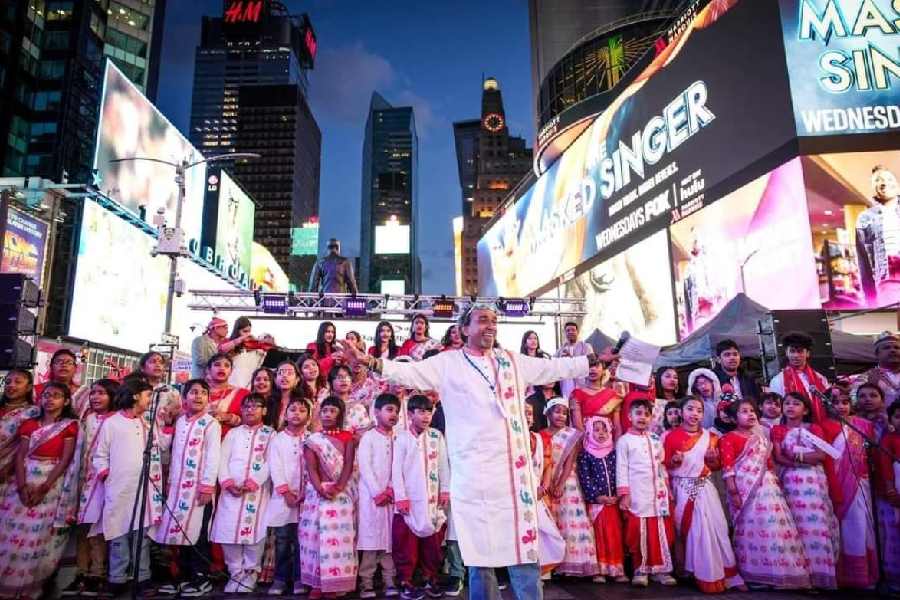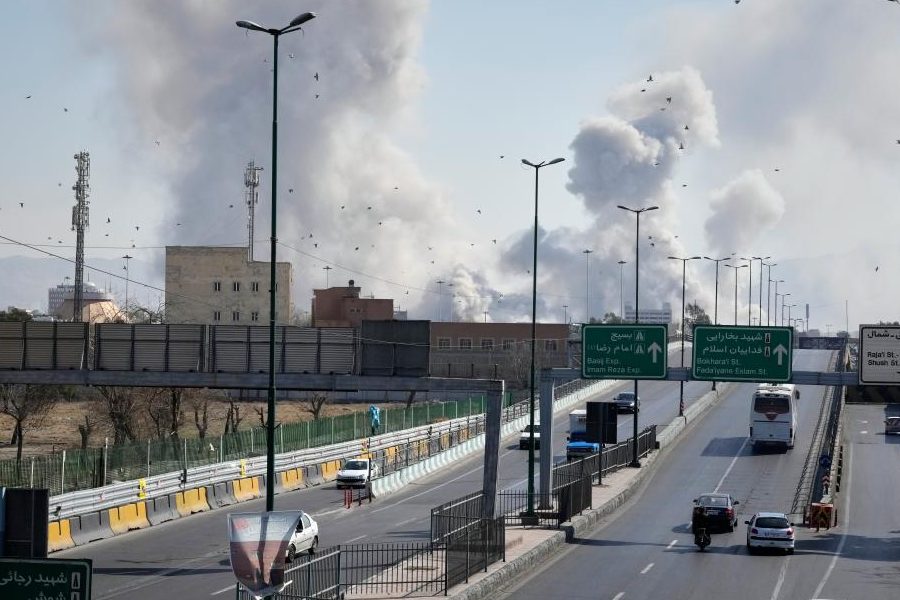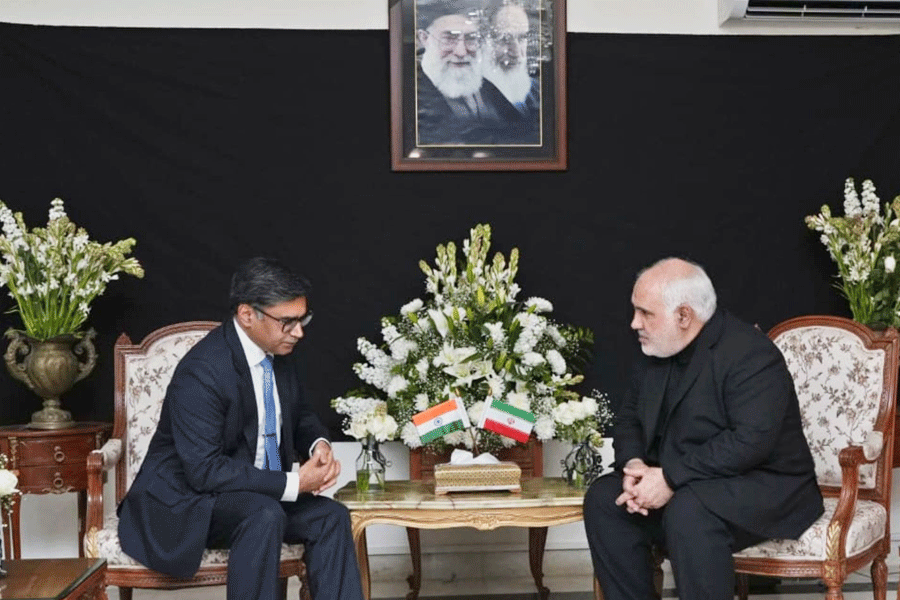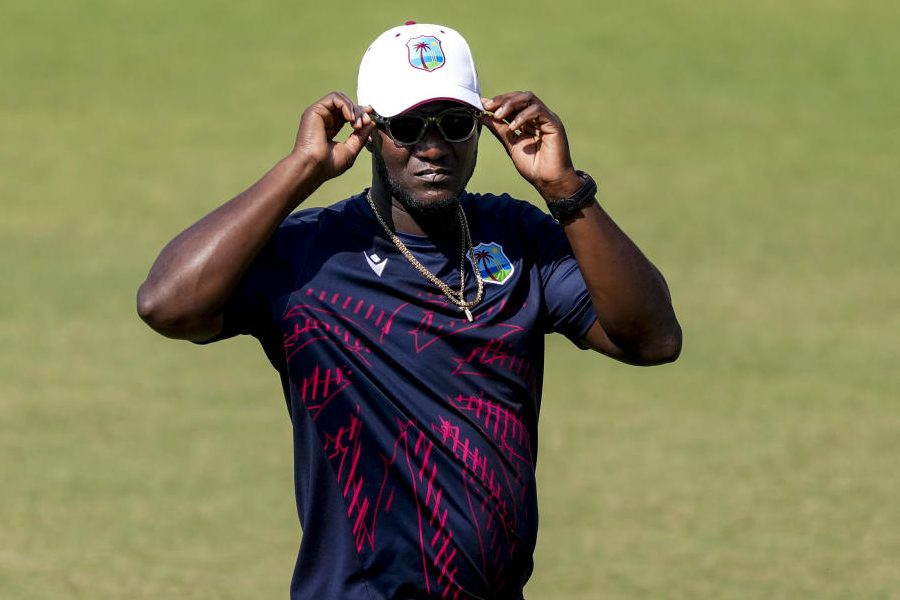When Baisakh is rung in this April, there will be added zest in Nava Varsha greetings exchanged between Bengalis in the state of New York. And 50 of them will be invited to an official reception at the Senate chamber in Albany, the state capital.
The senate of New York has passed a resolution, sponsored by the state senator from Bronx, Luis R. Sepulveda, to proclaim April 14 as Bangla New Year’s Day in the state.
Recognition of such official days is aimed “to increase awareness and enhance the profile of cultural diversity which strengthens the fabric of the communities of New York State”, the resolution says, adding that “New York City has the largest congregation of Bengali (the world’s sixth most spoken language) speaking citizens globally outside of West Bengal and Bangladesh”.
On April 7, two days before the Senate session ends, a Bengali New Year’s Day reception will be hosted by Governor Kathy Hochul at the State Senate Chamber, to which Bengali community members will be invited.
For Bishawjit Saha, CEO and founder of Muktadhara Foundation, who has been named in the resolution as the proponent of the proposal, it is victory in a long battle.
“Getting this official recognition is a huge achievement for us. New York becomes the first state in the US to proclaim the Bengali New Year’s Day on the official calendar,” said Saha, who went to the US from Bangladesh in 1991 at the age of 25 and ran a Bengali publishing and distributing firm called Muktadhara Publication from his home.
“In 1992, we started holding a Bengali book fair in a church at Queens and celebrated February 21 in front of the United Nations headquarters in Manhattan,” he recalled.
In 2023, they decided to take the celebration to Times Square. “We felt the occasion deserved a bigger platform. Our programme, titled Shatakanthye Bangla Gaan, would feature 100 singers singing patriotic songs in Bengali.”
The move garnered huge support. “People from even neighbouring New Jersey, Massachusetts, Philadelphia and Washington started flocking at the rehearsal venue,” he recalled.
This irked some fundamentalists who moved court, claiming the rehearsals were disturbing them. That scared off many participants. Saha gets emotional recounting how he had to stand trial three days before the programme at Times Square. But the case got dismissed, allowing him to proceed.
Early in 2024, he framed the proposal, tracing the history of the custom to the Mughal era, describing Mongol Sobhajatra of Dhaka University and citing visits of Bengali luminaries like Rabindranath Tagore and Swami Vivekananda to the US. “But the Republican state Senators of Long Island were not convinced,” he recalled.
That April, they escalated the Times Square event, inviting all communities and nationalities that celebrate the new harvest in April, from Punjab (Baisakhi) to Thailand (Songkran). This was attended by the city mayor and the deputy governor.
The success gave Saha the impetus to renew his effort in November. Finally, the notification was issued on January 22 at the state Senate. Messages have since been pouring in from around the US. “People want to fly in to attend the Times Square show,” Saha said.
A theme has been chosen — dheki and kulo — and costumes will be ordered from either Dhaka or Calcutta.
Muktodhara has a strong Calcutta connection. The publication house was founded in the city by Bishawjit’s cousin Chittaranjan Saha during the liberation war and its first two titles, Roktakto Bangla and Jagroto Bangladesh, were published here.
For the Senate reception, global Bengali icons like Jhumpa Lahiri and Amitav Ghosh have been invited.
“Only culture can bridge gaps, not religion,” Saha said.











